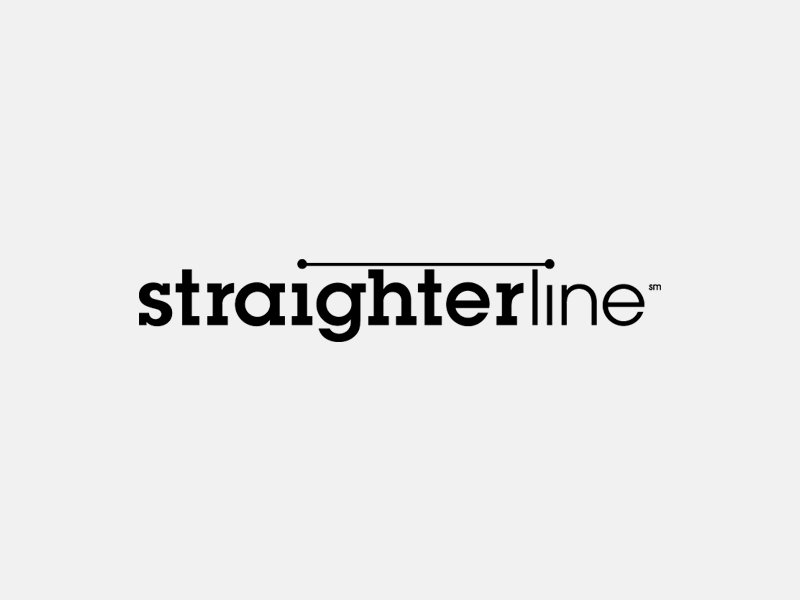[vc_row][vc_column][vc_custom_heading text=”StraighterLine and The Continents States University have announced their partnership aimed at delivering more affordable and accessible education to students.” font_container=”tag:h2|text_align:center”][/vc_column][/vc_row][vc_row][vc_column][vc_column_text]St. Louis, MO – StraighterLine and The Continents States University have announced their partnership aimed at delivering more affordable and accessible education to students.This partnership aims to maximize the potential of both parties, allowing StraighterLine to extend their education platform to the students of The Continents States University at an affordable price, while equipping them with the required knowledge and tools they need for their academic and career goals. “The Continents States University has always been committed to delivering high-quality education to our students,” said Dr. Ricky Madison, President at The Continents States University.
“Partnering with StraighterLine is a huge step toward fulfilling that commitment and making education more affordable to more students. Through this partnership, students worldwide will have access to flexible online courses and guaranteed transferable credits, which will ultimately give them a competitive edge when pursuing their career goals.”StraighterLine is recognized as a quality solution for students who want to finish college courses that are affordable without sacrificing quality.
All StraighterLine courses have been reviewed by the American Council on Education (ACE) and are recommended for credit transfer at over 2,000+ colleges and universities. In addition, students who take courses through StraighterLine receive free eTextbooks, live student support, and 24/7 free on-demand tutoring and writing help online.[/vc_column_text][/vc_column][/vc_row][vc_row][vc_column][vc_column_text]
“We are excited to partner with The Continents States University to provide high-quality, affordable online courses to help students succeed on the path to a career of their choice,”
Said StraighterLine CEO, Heather Combs.
[/vc_column_text][/vc_column][/vc_row][vc_row][vc_column][vc_column_text]The Continents States University believes that offering affordable education is the key for those looking to build success, which aligns well with our mission at StraighterLine.
We both believe in empowering learners to reach their college and career goals, and our partnership offers students across the globe an opportunity to earn their degrees in an affordable and flexible way that meets their needs. Both parties are excited to embark on this partnership that promises to transform the higher education landscape as we know it.
About StraighterLine
StraighterLine is the leading provider of high-quality, affordable, online courses that help learners earn college credit and meet their professional goals. Each year, 150,000 learners take one of StraighterLine’s 215 courses to upskill into new careers or earn credit from over 2,000 colleges and universities worldwide. StraighterLine works with institutions and corporate partners to provide their students and employees with flexible education options that allow them to work and learn at their own pace.
Visit www.straighterline.com for more information.
About The Continents States University
The Continents States University aims to equip future professionals with the right tools, skills, and opportunities to help them get excellent employment opportunities globally. Since the university was founded, it has offered affordable, quality, and competency-based education to everyone across the continents.
Visit www.continents.us for more information.
Summer Martin
StraighterLine
Director, Communications
smartin@straighterline.com[/vc_column_text][/vc_column][/vc_row]


